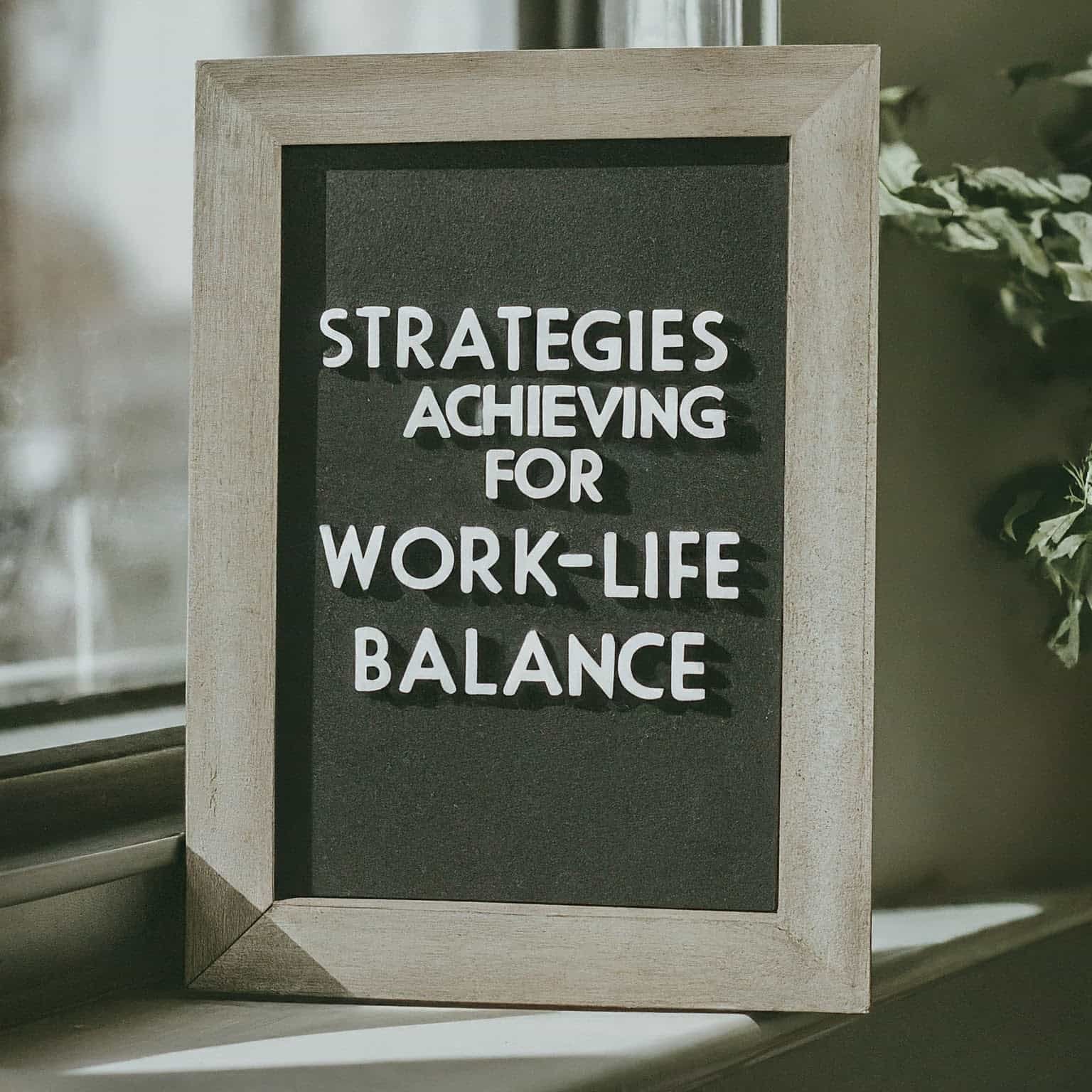Do you not know what to do next at work? You might also be new and want to make sure you’re going in the right direction. A job development planner can help you find your way through the often rough waters of professional growth. This all-in-one tool not only helps you set goals, it also gives you a plan for how to reach them. There are many ways to use a career development planner to help you get ahead in your work. Before you can move up in your job, you need to set some goals. There are both short-term and long-term goals in this list.
Short-term vs. Long-term Goals
Some short-term goals could be to get a job in the area you want, learn certain skills, or get a certification. For example, long-term goals could be to become a leader in your field, start your own business, or make a certain amount of money.
How to Define Clear Career Goals
Detail is very important. First, think about what you want to accomplish in the next 1, 5, and 10 years. Be clear about these goals when you write them down. Rather than saying, “I want to be successful,” point out, “I want to become a project manager at a tech company within the next three years.”
| Self-Assessment Components | Description |
| Identifying Your Strengths | Evaluate your skills, experiences, and personal attributes to determine what you excel at. |
| Identifying Your Weaknesses | Recognize areas that need improvement to focus your efforts on personal and professional development. |
| Using Personality Assessments | Utilize tools like the Myers-Briggs Type Indicator (MBTI) to gain insights into your personality traits. |
| Using Skill Assessments | Employ tools like StrengthsFinder to identify and understand your strengths and how they can be leveraged. |
Exploring Career Options
Find a job that fits your interests, skills, and aspirations by doing some research. For further information on work responsibilities, income ranges, and projected job growth, consult industry-specific websites or reference books like the Occupational Outlook Handbook.
The Role of Networking
It’s very helpful to network. Talk to experts in the field you want to work in, go to events in that field, and join online groups for that field. Making connections can help you get jobs and give you information that you can’t get from just searching online.
Skill Development
Figure out what skills you need to do well based on your job goals.
- Finding the Skills You Need Read job postings in the field you want to work in to find out what skills people are looking for. Write down these skills and then think about which ones you already have and which ones you need to work on.
- Opportunities for learning and growth To get better at what you do, take classes, go to events, or get certifications. There are many classes on sites like Coursera, LinkedIn Learning, and Udemy that can help you learn the skills you need.
What are SMART Goals?
SMART goals make it easy to see the way forward. “I want to improve my skills” is not a SMART goal. A SMART goal would be “I will finish an advanced Excel course on Udemy within the next three months.”
How to Set SMART Career Goals
Make sure that your goals are SMART before you write them down. This arrangement helps you stay on track and keep your mind on the task at hand.
Breaking Down Goals into Actionable Steps
Write down everything that needs to be done to reach each goal. Some things you can do to become a project manager are to get certified, get experience, and look for work as a project manager career development planner.
Setting Deadlines and Milestones
Set due dates for yourself to ensure you don’t procrastinate. In order to keep yourself motivated and celebrate your accomplishments, set milestones.
Finding a Mentor
You can find teachers in your field or through your network. Mentors can give advice, talk about their own experiences, and give helpful comments.
The Importance of Feedback
Getting feedback from mentors, peers, and bosses on a regular basis can help you stay on track and make any changes to your plan that are needed.
FAQs
- What is the best way to start a career development plan?
-
-
- First, write down your job goals and do a self-evaluation to find out what you do well and what you could do better.
-
- How often should I update my career development plan?
-
- At least once a year, or whenever you make big changes in your job or reach important goals, go over and update your plan.
In conclusion
There is a powerful tool called a career development planner that can help you reach your professional goals. You can feel confident about your job path if you set clear goals, learn the skills you need, and are open to change. Remember that it’s an ongoing process. To be successful, you need to stay engaged and committed.



